#hyundai
Hyundai Reportedly Using SK Batteries for Ioniq 5
We recently published an article about Hyundai’s upcoming Ioniq 5 EV and closed by suggesting it might be desirable that North America wouldn’t be the first to get them. If you read our post about the automaker’s current situation with supplier LG Chem, you may have already been able to guess why we feel this way. The manufacturer is looking down the barrel of an expensive recall relating to battery fires and EVs have a propensity to experience botched product launches. Considering the newness of the technology, some of that is to be expected. But that may not be the whole story.
News has begun circulating that Hyundai and Kia would begin sourcing more products from China’s Contemporary Amperex Technology (CATL) and Korea’s SK Innovation. We’ve likewise seen reports coming out of Korea stating that the automaker had decided to install SK batteries in the Ioniq 5, presumably because the units it has already sold to Hyundai haven’t been implicated in any fire-related recalls.
Hyundai Recalling LG Batteries, Who's to Blame?
Hyundai will be recalling 82,000 electric vehicles sold around the world due to a presumed fire risk and its getting a little ugly, though that’s nothing new for the industry. Reports of the brand’s Kona Electric going up in flames (often while charging) started springing up in 2019, causing the manufacturer to call them back for a software update that was supposed to remedy the issue. But South Korean officials decided more needed to be done after one of the fixed vehicles caught fire in January. An investigation was launched and now Hyundai is on the hook for a 1 trillion won ($900 million USD) recall — including the nearly 40 billion won was spent on the initial software solution.
But how much of the blame does Hyundai really deserve when other manufacturers are having similar issues with their electric cars? Couldn’t the supplier be somewhat responsible? Absolutely not, explains battery supplier LG Chem.
Hyundai Ioniq 5 Comes Out Looking Highly Conceptual
The Hyundai the Ioniq 5 compact crossover made its debut Monday evening and it’s another win for the brand’s styling department. Despite being known as budget-minded automakers by Hyundai and Kia have delivered some of the most interesting designs the industry has to offer and with surprising consistency. The Ioniq 5 simply carries that formula into a product line that offers a healthy variety of battery, powertrain, and charging options without aiming too high or low.
Based on the Hyundai 45 EV concept from 2019, the Ioniq crossover looks as though it could be a show vehicle. But Hyundai has confirmed that this is actually the production version. The model’s angular design is interesting in itself and requires minimal embellishment, though the Parametric Pixel headlamps are a great touch and really help set the vehicle apart. While it won’t be the car for everyone, it certainly has its charms and will turn plenty of heads until more automakers decide to ape its style.
Kia Officially Announces Sedona Replacement, Newish Name
As is often the case with global products, the Kia Sedona minivan doesn’t go by the same name in all regions. In its home market of South Korea, it answers to the Carnival moniker and is already on its fourth generation using Hyundai/Kia’s mid-size N3 platform.
Destined to enter the North American market as a 2022 model-year vehicle, the manufacturer used this week to promote its February 23rd debut via livestream. It also confirmed that it would no longer be using the Sedona name and would henceforth be known as the Carnival in the Western world.
Refreshed 2022 Hyundai Kona Adds Length, Power, N Line
Another day, another Zoom presentation to learn about some new hotness.
Today it’s the 2022 Hyundai Kona, which we teased last year, with a side of Santa Fe.
As we noted, the Kona now gets an N Line trim so that the brand can argue that its subcompact crossover can be considered truly “sporty” (we’ll be the judge of the merits of said argument once we drive it), and there are new duds.
Korean Automakers Say Apple Deal Isn't Happening
Over the weekend, Hyundai Motor Group addressed rumors that Kia had been in negotiations to build an electric vehicle for Apple. While the scuttlebutt seems to have been true, talks were indeed underway, the automaker confessed that they had ended without an agreement.
It’s known that Apple has been hunting for potential partners after its EV program was placed into an extended stasis and was hoping to gain access to a skateboard-type platform. Hyundai’s E-GMP architecture certainly qualifies, too. But it’s just one of many entities entering the field as most manufacturers strive to build their own.
Apple Rumored to Invest Billions Into Kia Motors
While partnering with other industries is essential for the automotive sector, the last few years has shown most nameplates cozying up with the dominant tech firms at a breakneck pace. Just this week, we learned that Ford will be equipping future models with the Android operating system (courtesy of Google) and it wasn’t long before that we were discussing BMW’s arrangement to integrate its business with Amazon Could Services. Even Taiwan’s Foxconn has shown itself willing to get involved with China’s Zhejiang Geely Holding Group — which owns Volvo Cars, Geely Automotive, Lynk & Co, Proton, Lotus Cars, London Electric Vehicle Company, and more.
Now, rumors are swirling that Apple is about to make a gigantic investment into Kia Motors after Korean outlet Dong-a Ilbo (The East Asia Daily) reported that the duo had plans to manufacturer vehicles at the automaker’s American facility in Georgia. The paper stated that tech giant was readying an estimated 4 trillion won ($3.6 billion USD) investment in exchange for Kia building 100,000 electric vehicles per year. However, the mere suggestion has already made Kia money by boosting its share price by over 15 percent on Tuesday.
Buy/Drive/Burn: Affordable Subcompact Crossovers in 2021, Round Three
After we covered American and Japanese trios of $25,000 subcompact crossovers, round three means it’s time for the Korean offerings. But there are only two Korean brands in North America, so today we cover both of their entries and another from Japan.
Hyundai to Electrify Its Genesis Lineup?
Hyundai Motor Company has trademarked an electric version of every Genesis model in their lineup, according to GVforums.com.
Hyundai Ends Kona EV Sales in South Korea
Hyundai Motor Company will end sales of its best-selling electric vehicle, the Kona EV, after a series of fires and faulty braking systems prompted mass recalls in South Korea.
Report: Hyundai Embracing Subscription-based Features, Buying Boston Dynamics
Following reports that Hyundai Motor Company managed to purchase American engineering and robotics firm Boston Dynamics from Japanese financial conglomerate SoftBank for a cool $921 million, we’ve learned that the South Korean automaker has also fallen into embracing on-demand features. The trend, which is sweeping through the automotive industry to our dismay, basically involves manufacturers hiding vehicle options behind a subscription paywall instead of just letting you purchase the options you wanted upfront.
That means tomorrow’s car shopper might find themselves buying a vehicle that’s already fully loaded from the factory only find themselves forced to unlock heated seats or an upgraded sound system via monthly payments. In our estimation, the whole concept is ludicrously wasteful, diminishes the private resale values of automobiles, and seems like the kind of corporate nonsense reserved for dystopian fiction novels.
Hyundai Recalling 129,000 U.S. Cars Over Engine Fire Risk, Fined By Regulators
Hyundai Motor Co. is recalling roughly 129,000 vehicles sold in the United States over an engine issue that may pose a fire risk. While we’ve been generally kind to the manufacturer of late, thanks to a rather good lineup of well-designed vehicles, it’s been mucking things up with recalls.
Last week, Hyundai Motor Group (including Kia) agreed to shell out up to $210 million in civil penalties after American safety regulators said it was dragging its feet on enacting a recall that encompassed 1.6 million automobiles. Apparently, there was some confusion on what needed to be reported to the National Highway Traffic Safety Administration. But let’s begin with the latest problem covering the company’s 2.4, 2.0, and 1.6-liter engines.
Hyundai Promises New EV Platform That Won't Have Terrible Range
If you feel like you’ve had your fill of news relating to electric cars, you’re not alone. Sadly, that’s just about all the industry is willing to let out of the bag right now. Whether you’re trying to pump staffers for information using sweet talk or waggling a crowbar in front of their face, they don’t have much else to discuss ahead of the holidays.
But that doesn’t mean there can’t be good news. Hyundai Motor Group, one of the few manufacturers that (mostly) hasn’t left us clenching our teeth when announcing decisions, has announced it’s building an all-new, electric platform that won’t have a laughably pathetic rang e. Unveiled in Seoul, South Korea, on Wednesday, the Electric-Global Modular Platform (E-GMP) promises sports-car levels of acceleration, outstanding flexibility, and production models boasting ranges in excess of 300 miles.
Hyundai Being Sued Over Kona Electric Fires, LG Chem on Deck
Hyundai Motor Co. is being sued over a series of battery fires in its electric vehicles in Asia — specifically in relation to the otherwise-enjoyable Kona EV. Though it hardly seems fair to single out Hyundai when General Motors recently issued a recall encompassing 68,677 electric vehicles with batteries manufactured by LG Chem. Interestingly, Hyundai’s 74,000-strong Kona recall (which includes 11,082 units sold to the United States and Canada) uses the same supplier.
EV fires have become a hot topic within the industry, specifically because it runs the risk of slowing adoption rates and makes the affected automaker look wildly inept. Lawsuits don’t help the matter but Hyundai’s more immediate concerns involve proving that LG is the one that screwed up. While it hasn’t pointed any fingers directly at the supplier, it has dropped subtle hints while LG Chem insists its products are not defective. The duo is reportedly collaborating on an internal investigation into the troubled vehicles — 16 of which have burst into flames in North America, Europe, and Asia.
2021 Hyundai Elantra/Elantra N First Drive: Opt for the Ridiculous
While the world seems to be abandoning small cars, Hyundai is committed to making them and making them great. How great? We spent some time in the entire lineup of Elantras recently to find out, including special access to the new Hyundai Elantra N.



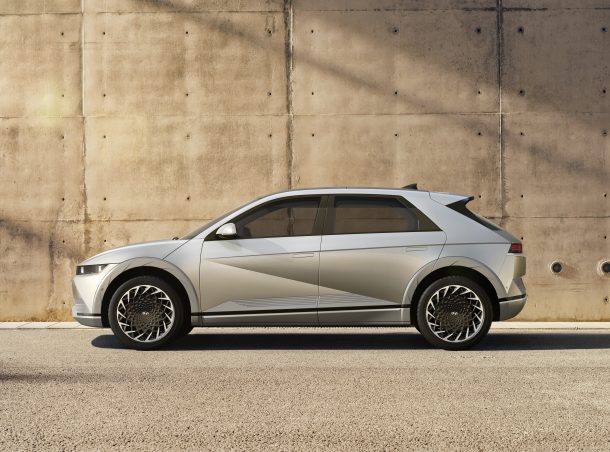

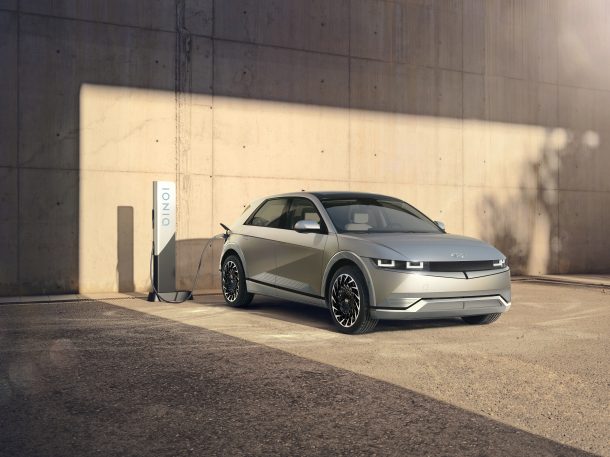
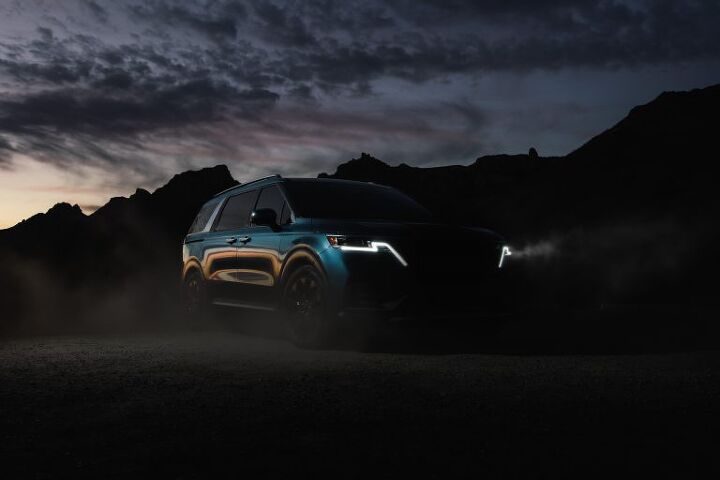

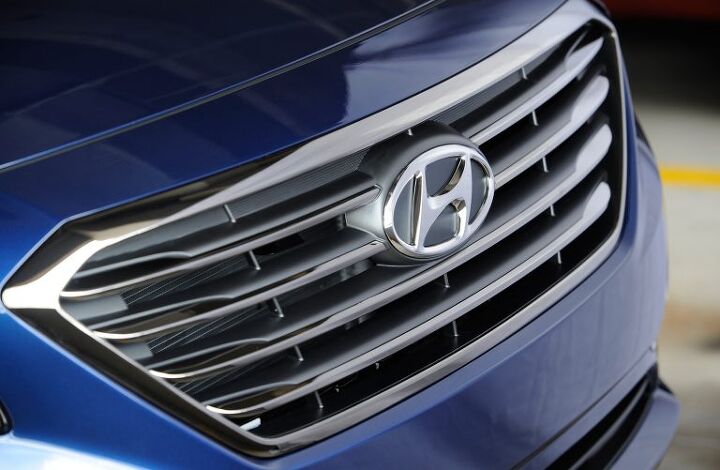
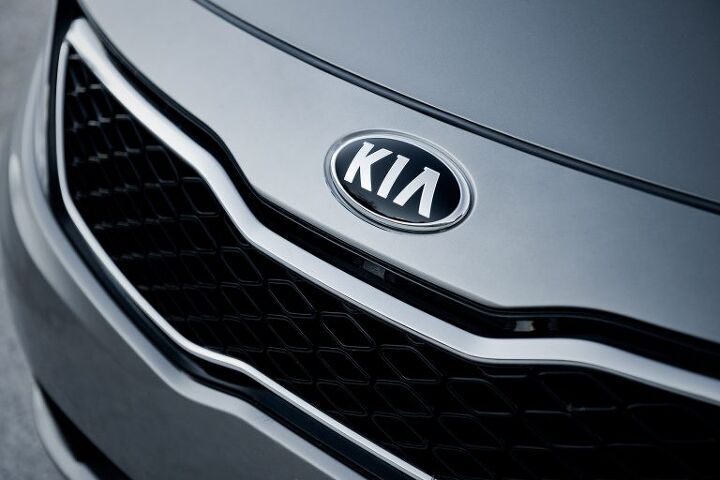


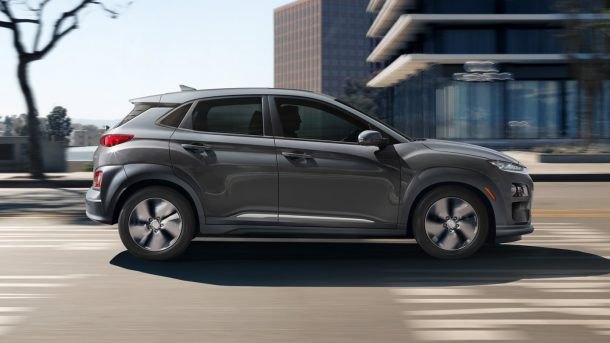
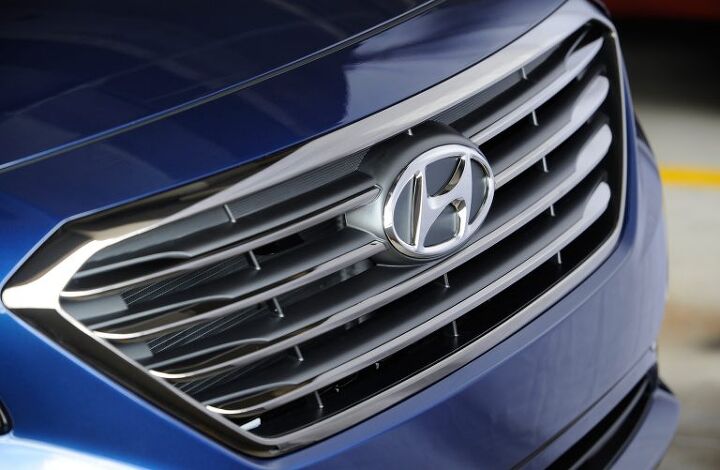
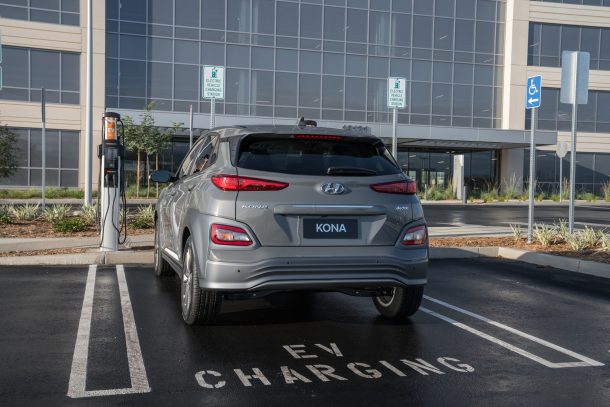












Recent Comments